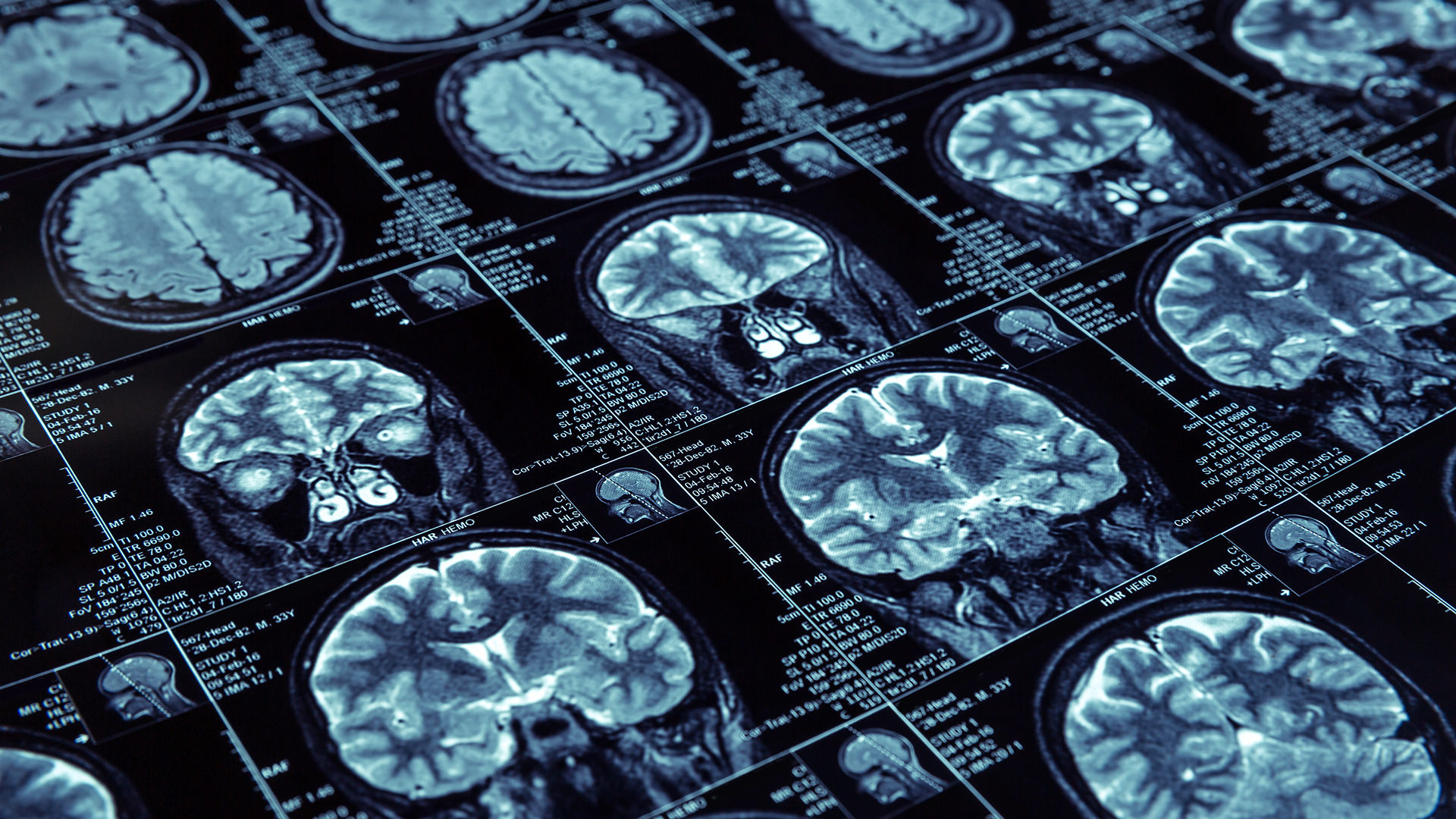22 Jul

As technologies improve and volume research on brain diseases accelerates across the globe, there is hope that dementia in its various forms will be cured at some point in the future. Dementia in all its forms is a scary disease that leads to cognitive decline in which numerous mental abilities are lost.
Hope in Technology
The modern world is based on technological advancements that aid humans in almost every sector known to man. From space exploration to robotics, engineering, air travel, and the delicate science of understanding microbes, humanity relies on technological aids to quantify, measure and improve outcomes. Faster computers like quantum computing and artificial intelligence (AI) promise to considerably shorten research in the medical sphere by mapping out hundreds of thousands of possible variations in hours or days instead of years.
The Objective
The global objective is to disrupt dementia by studying DNA and the causes of dementia to statistically model assumptions that will help detect or block the various forms of dementia from taking hold. Next, the objective is to find cures to help relieve the stress and paralysing symptoms of the burdensome effects of dementia. Last, the aim is to reverse the effects of dementia where possible.
The Economic Ramifications
To date, the world is experiencing a dramatically ageing population that is straining the resources of most economies. As the baby boomer era retires and families have fewer children due to the cost of living and various other factors, taxpayers have a significant burden to support the ageing populations. In addition, modern medicine and sophisticated medical advancements have made it possible to preserve life and extend it. However, even though there have been technological leaps forward into industry 4.0, there have still not been any breakthroughs in the fight against dementia. Billions of dollars have been poured into neuroscience studies, and the mega pharmaceutical companies have spent additional billions in an attempt to cure Alzheimer’s, the most common form of dementia. Nevertheless, outcomes have been dismal, and the best societies can do at this stage is managing the effects of dementia.
The MindGo Approach
Until modern medicine finds a cure for dementia, the only practical approach is to manage it in all its forms as closely as possible. The best protection is to structure a robust buddy network for patients to enable a reliable ecosystem of dependable and responsible participants to facilitate the various requirements of each patient. Our objective is to maintain a state of normalcy for a long as possible, keeping patients in the comfort of their own homes until they require more hands-on care the further along the disease progresses. The beauty of our platform is that the system customises the tasks and lifestyle activities to every patient, and the buddy system enables tracking and synchronicity between carers, loved ones, family and friends in a bid to maintain the dignity and quality of life we all deserve.
The Governments Approach
The Australian government has set aside funds to protect ageing populations’ safety and medical requirements, encompassing dementia patients. The Thinking Ahead Report of 2017 on the inquiry into dementia: early diagnosis and intervention highlighted the governments’ response to dementia. MindGo has taken the initiative to look intimately at the effects of dementia patients and find ways to capture data effectively to manage patient requirements better. At present, there are an estimated 459 000 people in Australia living with dementia (AIHWA 2018: DA 2020). Keeping patients at home longer with superior protection and medical assistance will allow individuals to enjoy the comforts of home care for longer, which will, in turn, reduce the governments’ burden on aged care facilities and enable funds to be redirected into finding a cure.
Conclusion
The fight against dementia begins at home as an estimated 250 people join the dementia population every day in Australia. Current estimations made by Dementia Australia estimate that by 2028, 590’000 Australians will be living with dementia. A sobering thought, and when you consider the care required to cater to the needs of each individual, there is a shortage of carers and specialists. Technology and platform solutions may be able to bridge some of the gaps in care. However, there is no substitute for human interaction and the loving care provided by the support network families, carers, and the MindGo platform provides.
To find out more, get in touch with Ryan, or to help a great cause donate a spare 5 dollars to the knowledge that MindGo is there to serve a higher purpose for human dignity and quality of life deserved by all. Your support will go a long way in the fight against dementia.




